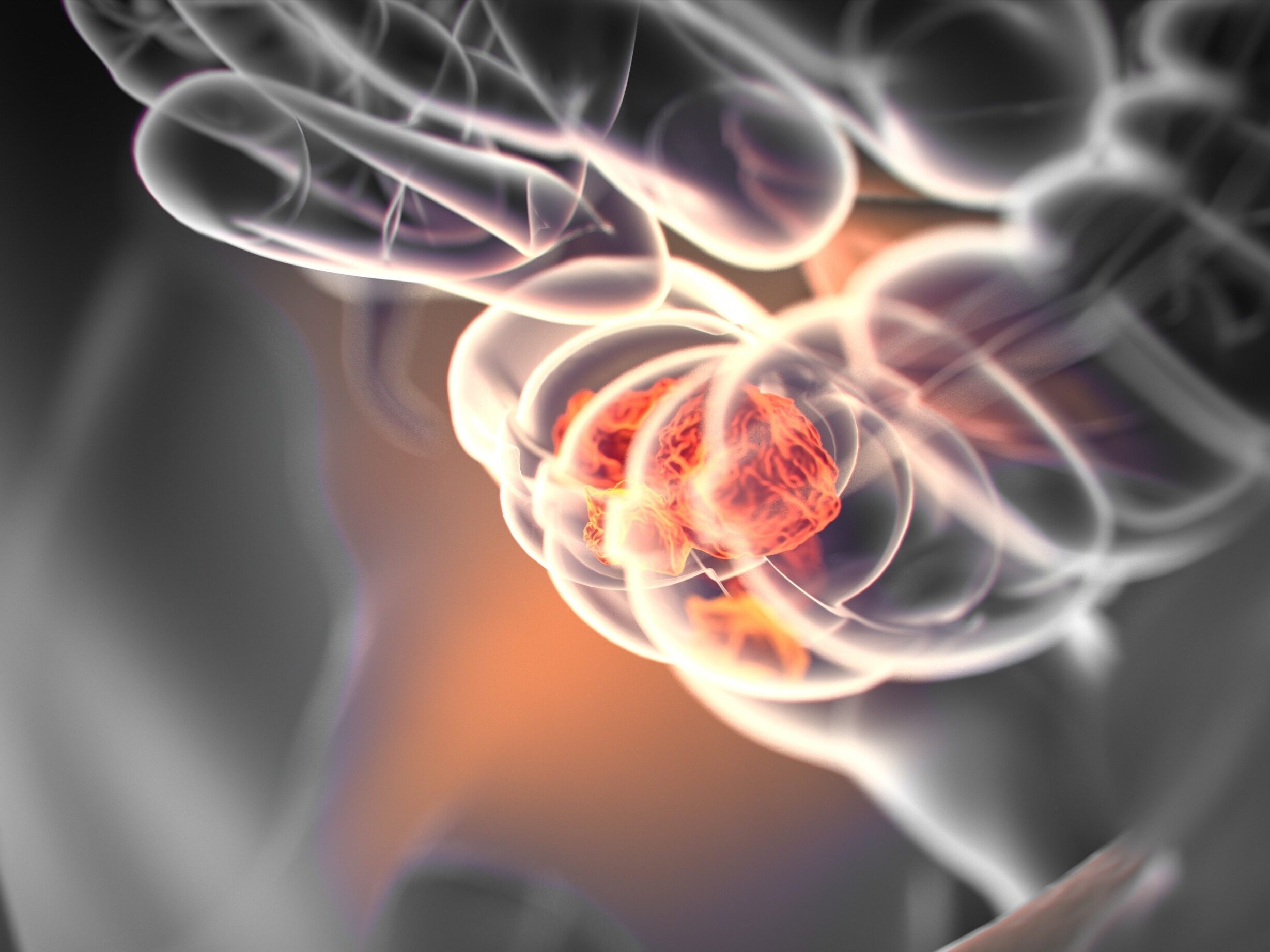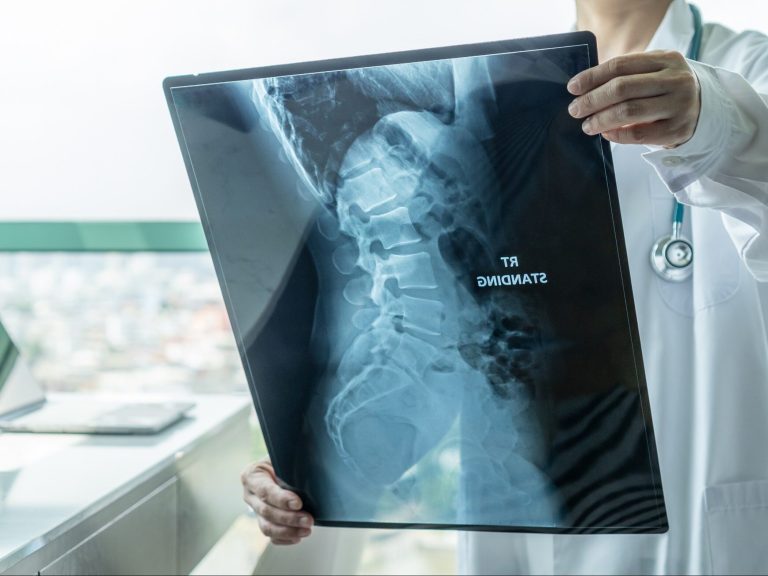7 risk factors for developing colorectal cancer among men

Cancer of the large elite is one of the most common causes of death in Poland. Every year, about 5,000 men are diagnosed with the diagnosis, and it is estimated that this number will increase. Researchers from Indiana University have identified seven factors that increase the likelihood of developing the disease. Check who is in the risk group.
Experts predict that increasingly younger people will be diagnosed with colorectal cancer (even before the age of 40). This state of affairs is influenced, among others, by the change in the lifestyle of modern man, who spends most of his time in a sitting position and gives up physical activity. However, this is not the only factor contributing to the development of colorectal cancer. Researchers from Indiana University analyzed medical data from 3,000 men between the ages of 35 and 49. One fifth of them had colon cancer. Researchers checked what increases the risk of getting sick.
Who is most at risk of colorectal cancer?
Scientists have discovered seven factors that favor the development of cancer. These are the following issues:
- genetic load – men whose relatives fell ill with colorectal cancer (father, grandfather, brother, etc.) were twice as likely to develop the disease than their peers without such “cases” in the family,
- drinking alcoholic beverages – alcohol has a negative effect on the flora of the large intestine and damages the cells that make up the colon (cancer risk increases by an average of 75%),
- high cost of insurance – many people cannot afford medical visits and tests (participation in screening programs organized by the authorities often turns out to be insufficient),
- multimorbidity – struggling with several different diseases at the same time (for example, diabetes, obesity and high blood pressure) increases the risk of developing cancer by 15%,
- older age – probability higher by 9%,
- smoking tobacco – in the group of men notoriously reaching for cigarettes, the risk of colon cancer is higher than in people without addictions,
- avoiding the use of statins or non-steroidal anti-inflammatory drugs – it has been proven that this type of preparations can reduce the risk of getting sick, but their regular intake also brings side effects and often leads to kidney damage (in this case, it is important not to ignore the inflammatory processes in the body and react early to pathological changes).
Scientists hope that their research will allow a larger group of people to be screened for colorectal cancer, and thus detect cancer at an earlier stage (before it gives alarming symptoms). The sooner appropriate treatment is started, the greater the chance of recovery and full fitness.
Colon cancer symptoms
Colorectal cancer develops slowly and does not give any clear symptoms for a long time. It usually starts with the appearance of a small polyp on the inner wall of the colon. Over time, the cells that make up it multiply uncontrollably, leading to the development of cancer. What signals from the body should prompt a visit to a specialist (proctologist)? Pay attention primarily to:
-
frequent constipation or diarrhea
-
stomach pain,
-
nausea,
-
vomiting,
-
unexplained weight loss
-
lack of appetite
-
feeling tired and weak,
-
altered stool consistency or color, blood in stool
Remember that the most important role in cancer prevention is played by regular preventive examinations, for example a colonoscopy. Should be performed every 10 years or more often if medically indicated. Do not underestimate any disturbing symptoms.
Sources: dailymail.co.uk, National Cancer Profiles 2023






